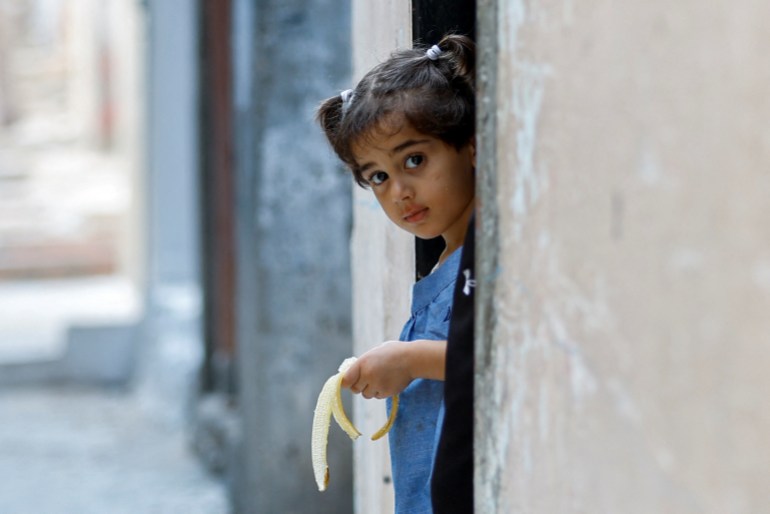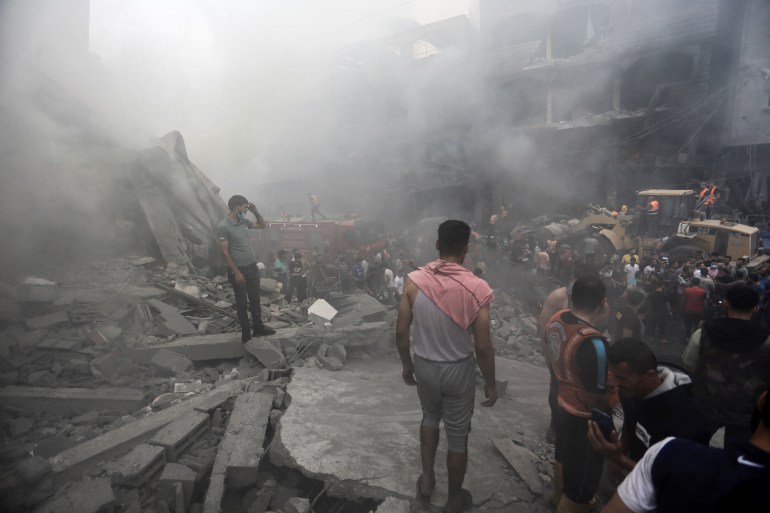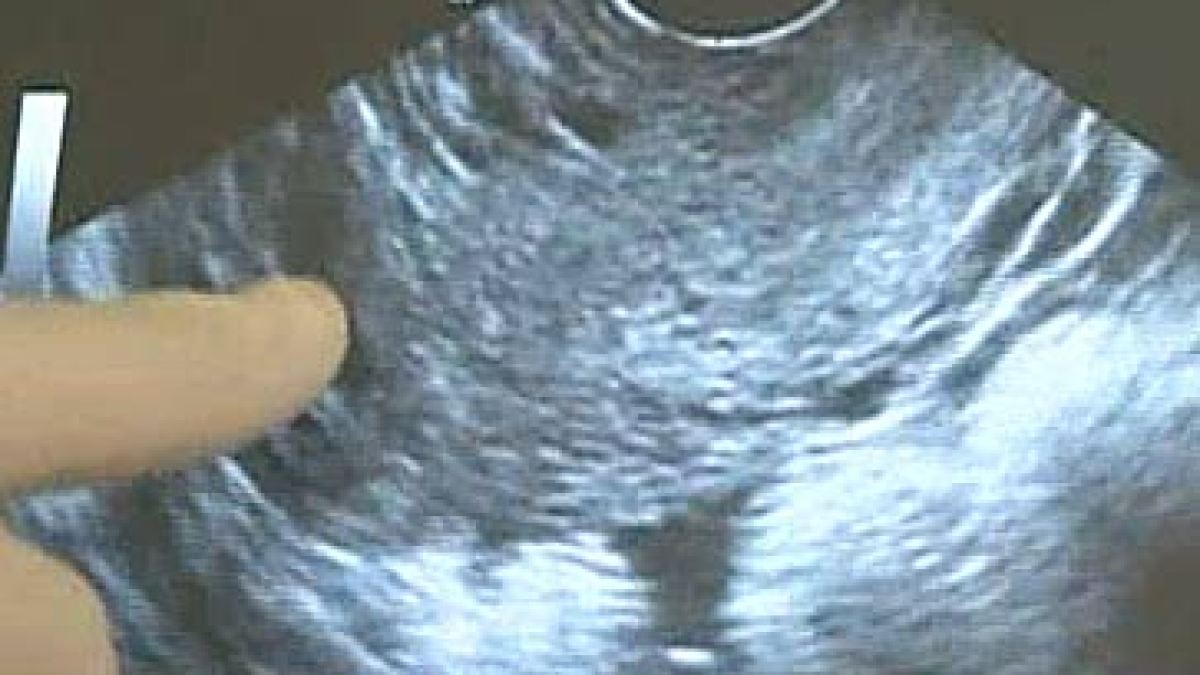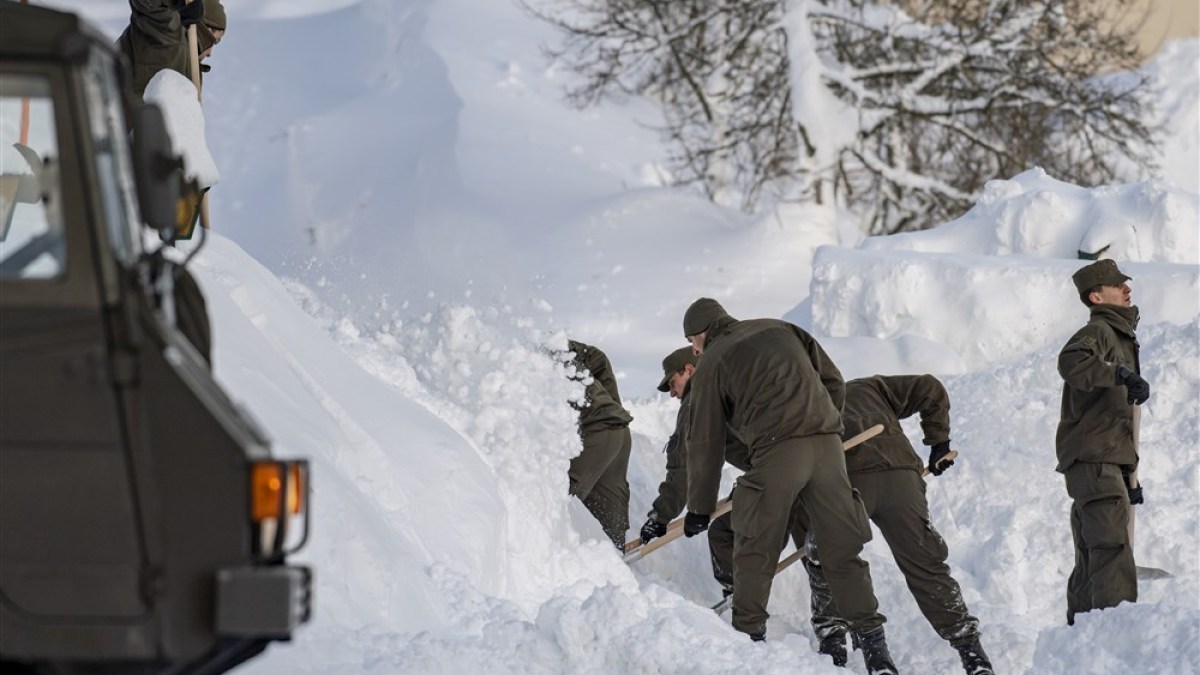Palestinian teacher says he’s determined to stay in Gaza, whatever the cost | Israel-Palestine conflict News
Abdallah al-Naami cannot stop wondering what will come next as the Israel-Hamas war approaches the end of its second week.
“What kind of life will be left in Gaza after all this? It’s day 13. Around half of Gaza is wiped out,” the 23-year-old journalist, photographer and teacher told Al Jazeera. “Even if we survive the bombs, we survive starvation, what will be left?”
Al-Naami lives in Gaza, a narrow band of Palestinian territory pressed against the Mediterranean Sea.
Home to 2.3 million people, Gaza has been the focal point of Israel’s bombing campaign ever since the country declared war on Hamas, the Palestinian armed group responsible for a deadly surprise attack on October 7.
But the war has left Gaza residents like al-Naami fearful for their lives. In addition to the bombardment, Israel has announced a “total blockade” on the territory, limiting access to food, fuel and other basic supplies.
That comes on top of restrictions that predate the war. Since 2007, Israel has isolated Gaza, limiting the flow of goods and residents’ ability to travel as part of its response to Hamas taking power there. Palestinians in the territory have also experienced several Israeli attacks since 2008.

People in Gaza have never had a “normal life”, al-Naami explained. But the current situation? Al-Naami has “never seen anything like this”.
“Every aspect of our daily lives has been targeted,” he said, noting damage and impacts to “residential buildings, universities, mosques, bakeries, hospitals and schools”.
With aerial attacks daily, al-Naami fears the destruction will be difficult to recover from. “We would need more than a year just to clear out the rubble from the streets.”
Before October 7, al-Naami taught at the University College of Applied Sciences in Gaza, leading classes of nearly 200 students during the day and focusing on his writing and photography in the evenings. But the war upended his life “in the blink of an eye”.
The university campus has been severely damaged in Israeli air raids, and some of his students have been among the more than 3,700 people killed in the bombardment.
“I know of at least one who was killed on the first day of the fighting. It was hard for me to take,” al-Naami said. He described the late student as one of the “funniest” people in his classroom.
“When I try to imagine what my class would be like without him, it’s unimaginable. It will be hard for me to continue to teach with the same level of excitement knowing he’s gone.”

‘Not leaving’
Al-Naami lives in the al-Maghazi refugee camp, located south of Gaza City. He considered evacuating at the start of the war, but he and his family ultimately decided against it: No place felt safe in the Gaza Strip.
“I’d rather die in my house than on the street,” he said.
Recently, an explosion at the Al-Ahli Arab Hospital in Gaza City killed hundreds and drew international condemnation. But Israel’s bombardment has continued unabated, according to al-Naami.
“It’s not only the warplanes that are dropping bombs. They use artillery fire from the east. They use warships from the west, from the Mediterranean Sea. The sounds of these bombs come from the sky, the east, the west,” he said. “It’s non-stop.”
Nevertheless, al-Naami said he is prepared to stay put in Gaza no matter the cost. “We are not leaving Gaza. We are not abandoning Palestine,” he asserted.
He compared the situation to the 1948 Nakba or “catastrophe”: As the state of Israel took shape, military forces expelled more than 750,000 Palestinians from their homes in historic Palestine, forging an enduring legacy of trauma and displacement.
Al-Naami explained that he and other Palestinians refuse to go through a “second Nakba”, similar to what their parents and grandparents endured.
“We will face all the problems Israel is creating for us and will hold our ground in Gaza as proud Palestinians,” he said.




